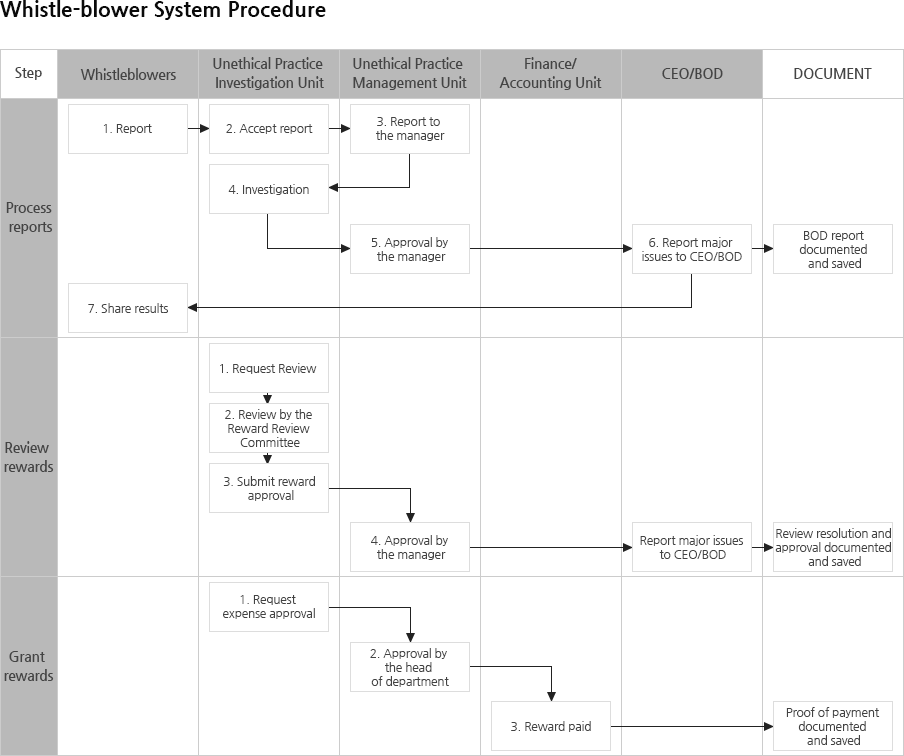Hanwha Ocean
- Our Company

Challenge, Dedication,
IntegrityThese are the core values
that drive us to be the best at
what we do. - Business Areas

As a leading shipbuilder,
we pursue technological
excellence to lead the market
and achieve sustainable growth.With a focus on core technologies,
we pave the way to a brighter future. - R&D

Differentiated Technology,
Professionalization of ResearchWe maximize technological synergy
through efficient use of the research
and development system and diversify
driving forces for future growth. - Investor Relations

Realize the Investment Value
Through a Clear Vision and
StrategyWith a sound and transparent company
management structure centered on the
board of directors, We maximaize
the shareholder and company's values. - Press Room

Drawing upon our strengths
and experiences from the
past and present,We deliver lively news for happier
days and a better tomorrow. - Sustainability

A company that adds value to the world.
We plan for a better tomorrowWe strive to be a company to share hope
for the future with everyone in this society
and make this world a more beautiful place.




